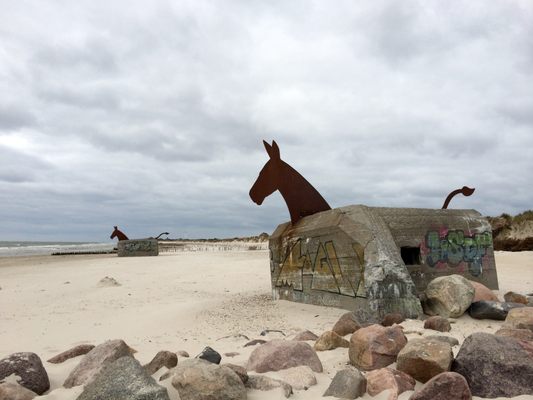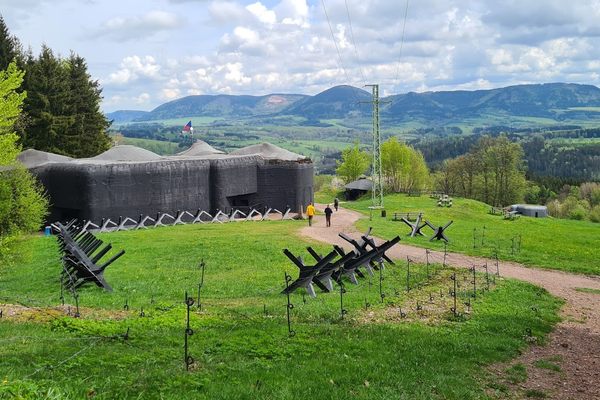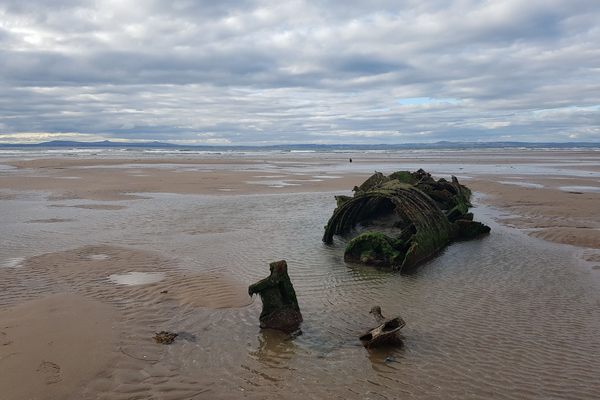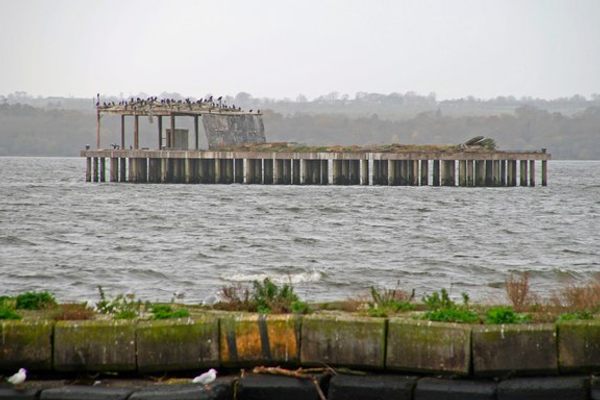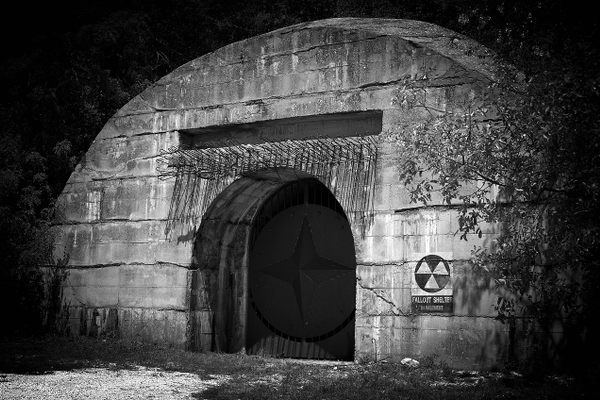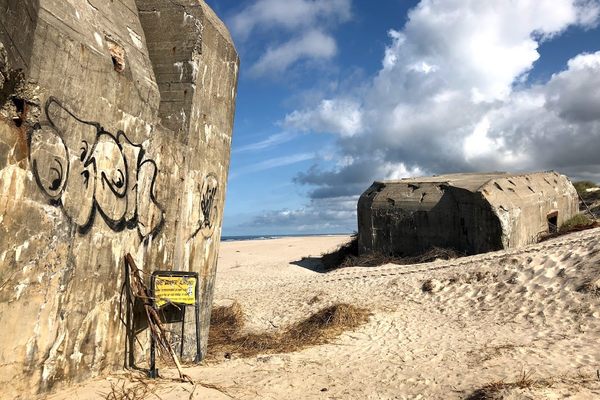About
An unusual herd of mules guards this gorgeous Danish beach, gazing toward the sea. They're relics of World War II that have been transformed into a unique work of art.
When Germany occupied Denmark during World War II, the beaches along the west coast of the Jutland Peninsula were marred by more than 7,000 concrete bunkers and fortifications. For decades after the war, these structures sat like ugly reminders of the international conflict.
But in the 1990s, some of the bunkers were reborn as works of art. Danish Artist Elle-Mie Ejdrup Hansen was commissioned to mark the 50th anniversary of the war’s end with an art project. The collaborative project included works by 24 international artists and a musical composition by Danish jazz musician Palle Mikkelborg.
One of the artists Elle-Mia Ejdrup Hansen invited to participate in the project was British sculptor Bill Woodrow. Woodrow had the idea to transform four of the unsightly, decaying bunkers into mules. He did this by attaching steel mule heads and tails onto the existing structures.
The animal Woodrow chose wasn’t random. As mules are infertile, the artist used them to symbolically say that the terrors of war should not be able to reproduce.
Related Tags
Know Before You Go
You can walk by the bunker mules at any time.
Community Contributors
Added By
Published
February 14, 2019
